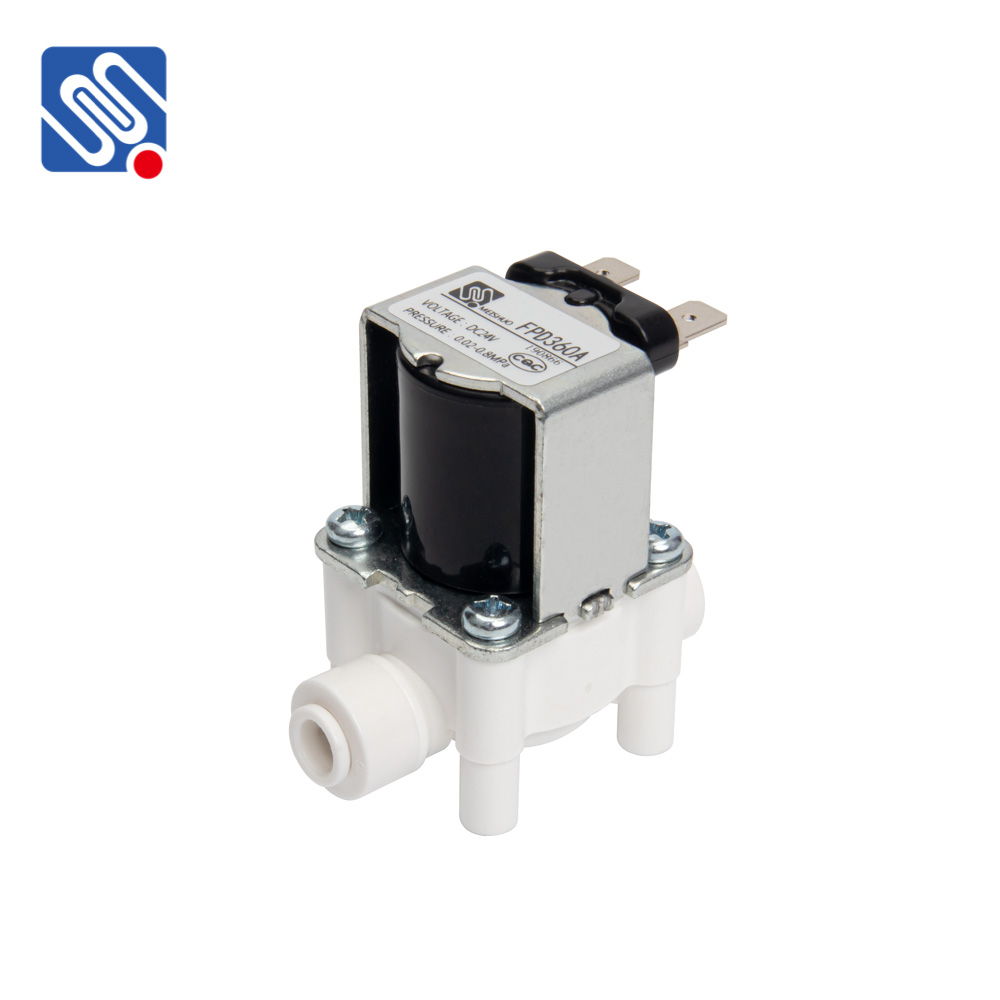the advantages and applications of pp solenoid valve in fluid control systems
Release time:2025-09-21 12:07:57
The PP Solenoid Valve is a critical component in fluid control systems, particularly when it comes to automating the flow of liquids and gases. Made from Polypropylene (PP), a type of thermoplastic polymer known for its chemical resistance and durability, the PP solenoid valve is widely used in various industries including chemical, agricultural, and water treatment. In this article, we will explore the advantages of PP solenoid valves and their applications in diverse fields, demonstrating why they have become an indispensable part of many automated control systems.

What is a PP Solenoid Valve? A PP solenoid valve is an electromechanical device that controls the flow of fluids through a pipe by using a solenoid coil to create a magnetic field. The solenoid coil is energized or de-energized to either open or close the valve, thereby regulating the flow of fluid in a controlled manner. The PP in the name refers to the Polypropylene material used in the valve’s construction, which is chosen for its superior corrosion resistance, high temperature tolerance, and lightweight characteristics. Advantages of PP Solenoid Valves Chemical Resistance One of the most significant advantages of PP solenoid valves is their exceptional resistance to a wide range of chemicals. Polypropylene is highly resistant to acids, bases, and many solvents, making these valves ideal for use in industries that handle aggressive or corrosive fluids. This characteristic ensures a longer lifespan for the valve, reducing the need for frequent replacements and minimizing maintenance costs.

